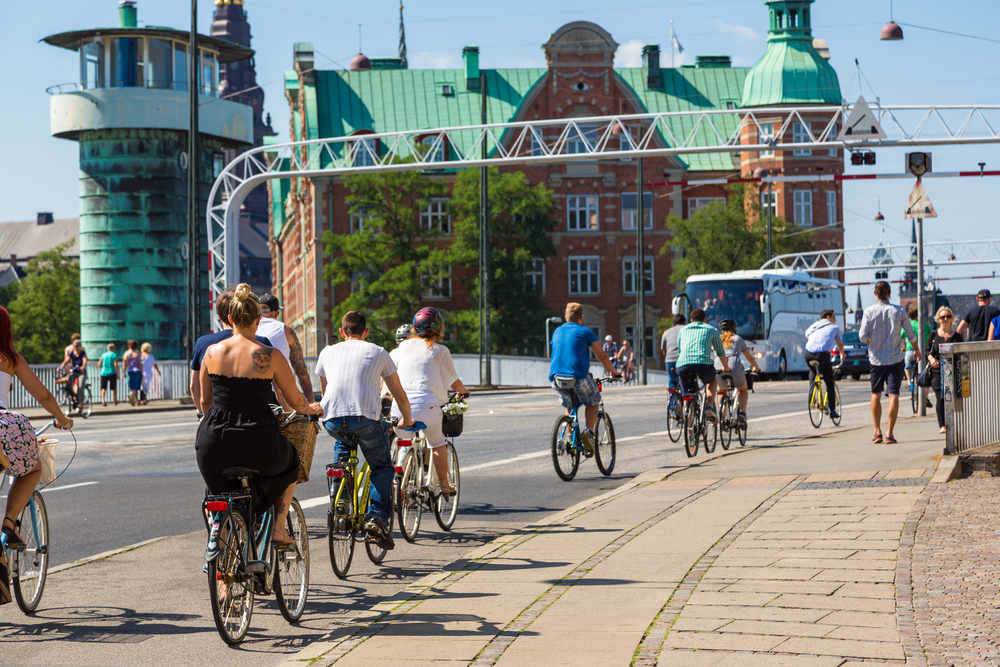Copenhagen is the most bike friendly city in the world

Copenhagen: The Most Bike-Friendly City in the World

Copenhagen, the capital city of Denmark, is renowned worldwide for its exceptional bicycle infrastructure and a culture that prioritizes cycling as a primary mode of transportation. Recognized as the most bike-friendly city in the world, Copenhagen has garnered accolades and admiration from urban planners, cyclists, and sustainability advocates alike.
According to the Copenhagenize Design Index, a biennial ranking of the world’s most bike-friendly cities, Copenhagen consistently holds the top spot. This ranking is based on various factors, including the quality of cycling infrastructure, city planning efforts, and the prevalence of cycling culture within the city.

One of the key reasons behind Copenhagen’s success as a bike-friendly city lies in its comprehensive cycling infrastructure. The city boasts an extensive network of dedicated bike lanes, paths, and cycle tracks, meticulously designed to integrate seamlessly with the overall urban landscape. These infrastructure enhancements, along with traffic calming measures, have made cycling in Copenhagen a stress-free experience, ensuring the safety of cyclists and pedestrians alike.
Furthermore, Copenhagen has notably adopted a people-centric approach to urban planning, with a strong emphasis on creating a more livable and sustainable city. As a result, the city has implemented progressive policies that greatly encourage cycling. For instance, bicycles are granted a higher priority over cars in terms of infrastructure investments, making cycling an attractive and convenient choice for daily commutes. This commitment to promoting cycling as a viable transportation option has led to an impressive 62% of residents utilizing bicycles for their daily journeys.
Copenhagen’s bike-friendly reputation is further supported by the city’s dedication to bike-sharing systems and public transportation integration. The city’s extensive public bike-sharing program, known as Bycyklen, offers residents and visitors hassle-free access to bicycles at numerous locations throughout the city. Moreover, the integration of bicycles with public transportation, such as trains and buses, allows for effortless intermodal commuting, providing a seamless and eco-friendly travel experience.
The success of Copenhagen’s bike-friendly initiatives can be attributed to the strong cycling culture ingrained within the city. The Danish capital has nurtured a deep appreciation for cycling, where it is considered a way of life rather than just a mode of transportation. This culture is fostered through numerous initiatives, such as bicycle-themed events, community rides, and public awareness campaigns. As a result, cycling in Copenhagen is not only practical but also enjoyable, creating a positive feedback loop that encourages more residents to embrace the bicycle as their preferred mode of transport.
In conclusion, Copenhagen’s status as the most bike-friendly city in the world is well-deserved. With its exceptional cycling infrastructure, progressive urban planning, comprehensive bike-sharing systems, and a thriving cycling culture, Copenhagen stands as an exemplary model for other cities aspiring to create bicycle-friendly environments. As the city continues to prioritize sustainability and prioritize the needs of cyclists, it sets a shining example of how a well-designed and cyclist-centric city can positively impact the quality of life for its residents.
Related Posts
Quick Links
Legal Stuff

